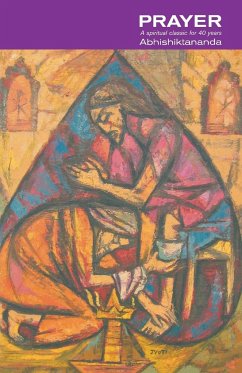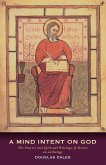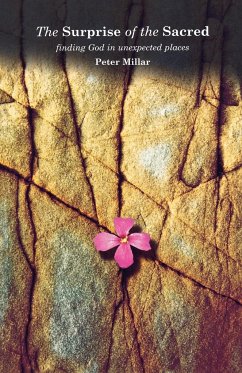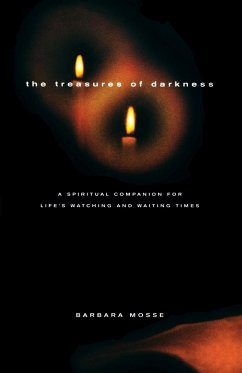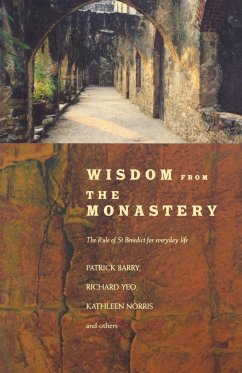First published nearly forty years ago and having been translated into numerous languages, this classic text is written by a Benedictine monk whose Christianity was profoundly enriched by his encounter with Hindu spirituality. Described by its author as 'a little book to help Christians in their inner renewal, and to make them increasingly attentive to the call of the Spirit', it is a simple and practical manual for learning to live each moment in the presence of God. 10 short chapters provide a lifetime's agenda and are full of gems of wisdom. They focus on: the holy presence, the mystery of God, recognizing God in all things, listening for God's call, the prayer of silence, and contemplative reading of scripture. This deceptively simple text contains all the building blocks necessary for a mature life of prayer. ABHISHIKTANANDA is the name by which the French Benedictine Monk, Dom Henri Le Saux became known after he moved to India in search of a more radical way of living his monastic vocation. He founded the Christian ashram, Shantivanam, that was to become world famous under his successor, Bede Griffiths.
Hinweis: Dieser Artikel kann nur an eine deutsche Lieferadresse ausgeliefert werden.
Hinweis: Dieser Artikel kann nur an eine deutsche Lieferadresse ausgeliefert werden.

